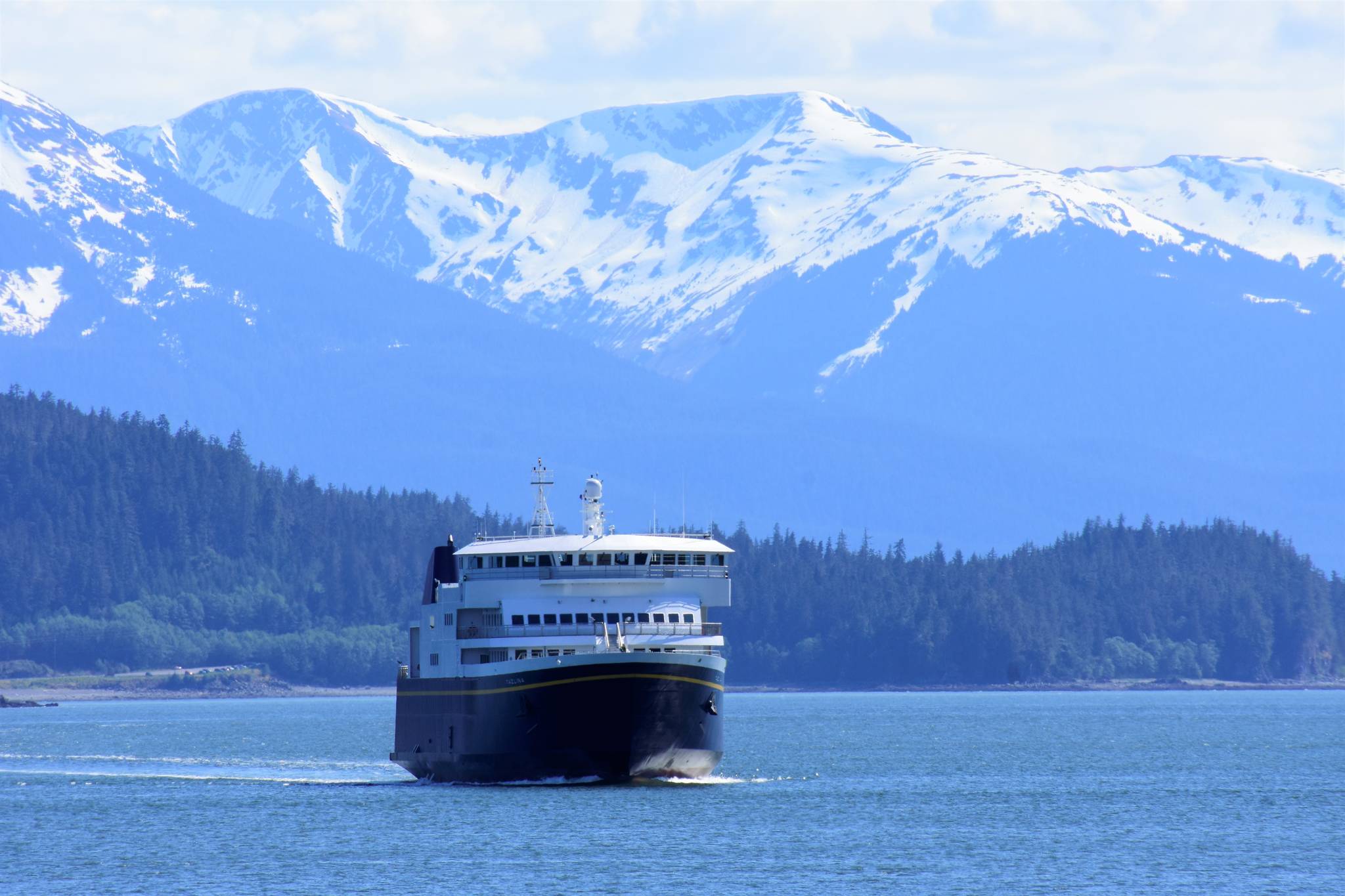This article has been updated for clarity
With its recommendations to the governor due in just over a month, the Alaska Marine Highway Reshaping Work Group sent out a call to the public asking for input before it releases its findings.
Alaskans called in mostly in support of the ferry system, urging the work group to ensure the system provided frequent and reliable service.
Carl Becker of Cordova called in and asked that his community be “treated with the same respect as the users of the paved portions of Alaska’s highway system.”
Many callers pointed to mismanagement and politics as interfering with the operation of what should be considered an essential state service. Multiple callers emphasized AMHS was road infrastructure and should be treated as such.
In a recent My Turn published in the Empire, work group chair Tom Barrett wrote the ferries were unlikely to be profitable and needed state support to run. However, he said, the state’s current finances only allowed so much support.
“Even with substantial changes, continuation of the AMHS will likely require some level of state subsidy. And that level must also accommodate overall state budget challenges,” Barrett wrote. “However, with the will to work together to implement fundamental change, Alaska can have a more reliable marine highway system, operating at less cost and providing coastal communities transportation that helps support their fundamental economic, educational, social, health, and mobility goals.”
[Ferry work group says $24M subsidy insufficient]
One caller specifically referenced Barrett’s letter, which was sent to other news outlets as well, to say that he and other members of the group had been talking in terms of what she called a “false choice.”
“I keep hearing that Alaskans need to get used to the reality of reduced service,” said Shannon Donahue of Haines. “This is a false choice and the work group needs to get out of this scarcity mindset, whether we should be crippled by reduced service or no service. (The ferries) should not be treated as an optional service.”
Other callers mentioned they were not using the ferries for frivolous or mostly recreational purposes, but primarily for health and commerce.
Gov. Mike Dunleavy ordered the creation of the group in mid-January, following the long-awaited release of a reshaping study from Northern Economics. Lawmakers in Southeast and other communities serviced by the ferries, were critical of the study, saying it focused only on the costs of the system and none of the benefits, including economic ones, AMHS provides to Southeast Alaska.
The study said ferries would likely require some kind of state subsidy if it were to continue operating in all the communities it currently serves, many of which are not commercially profitable. In February state lawmakers appropriated $18.7 million for the beleaguered system, which saw repair problems take multiple vessels out of service over the winter, but that money was mostly vetoed by Dunleavy.
More than $15.5 million allocated to AMHS was vetoed according to a summary from the governor’s office, which said the results of the reshaping study were due in the fall and would inform the future of the system. Last year, Dunleavy used similar language when vetoing a $5 million appropriation made by the Legislature during the summer’s special session. In a summary of his vetos, the governor’s office called the Legislature’s addition, “premature until the (Department of Transportation and Public Facilities) and their consultant finalize their review of the AMHS.”
[‘A perfect storm’: DOT deputy says everything that could go wrong with ferries did]
, the same amount suggested by Dunleavy in 2019. But earlier this summer the work group said that would not be enough money to adequately sustain the ferry system, the Associated Press reported. AMHS did receive $10 million in federal aid money in April, AP reported, just as repairs on multiple vessels were being completed.
Callers acknowledged the financial situation but argued there hadn’t been a lot of creativity when it comes to revenue-generation. One caller, a Juneau-born woman currently living in the Seattle area called in with a number of suggestions including higher rates on out-of-state recreation travelers or taxes or cruise ships. Other callers gave suggestions like alcohol sales or additional services such as Wi-Fi, available for purchase while onboard.
However, many callers argued they felt the ferries were not given the attention they need or were being used as a political negotiating tool.
“With a management system that looks no further than the political cycle, you’ll have a political system and not a transportation system,” one caller said.
Several people from Cordova called in, as that city went for long stretches over the winter with no ferry service.
“We’re floundering around, we’re living in limbo with this whole thing,” one woman, a business owner in Cordova said. “They have spent money inappropriately, I not surprised (at the financial situation). But when you start to dismantle infrastructure — we’re already in a chokehold (with transportation). I’m not going to try and find fault and this point we really do need to come up with something.”
The work group will have another public comment meeting Wednesday, Sept 2, from 4-6 p.m. More information on how to submit public comment can be found at dot.alaska.gov.
• Contact reporter Peter Segall at psegall@juneauempire.com. Follow him on Twitter at @SegallJnoEmpire.

